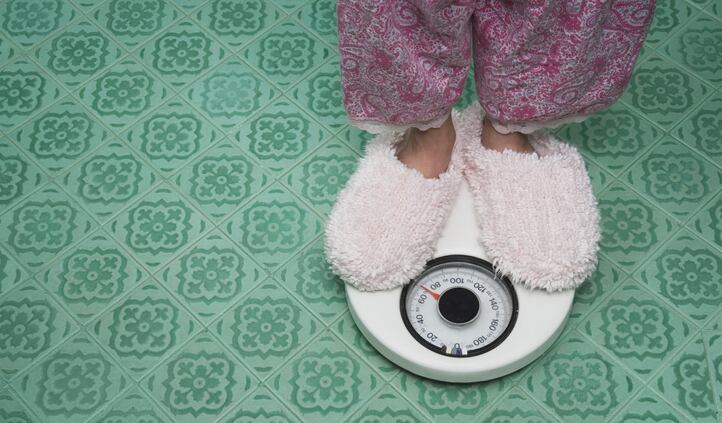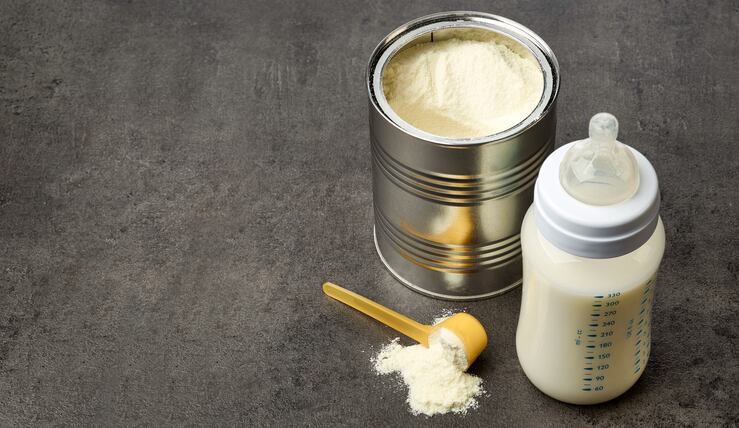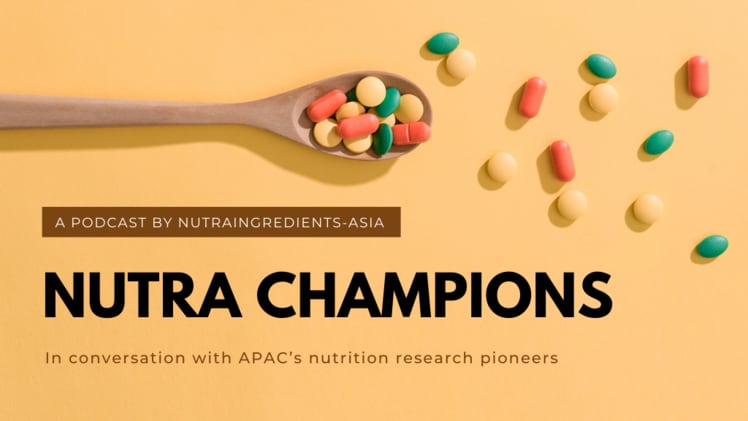Published in Scientific Reports, the study is a follow-up to a probiotic and calcium supplementation experiment conducted in kids 10 years ago.
It aimed to find out the long-term effects of probiotics and calcium supplementation from childhood into teenage years.
Lead researcher Dr Rina Agustina from Human Nutrition Research Center at Indonesian Medical Education and Research Institute conducted both the trial and follow-up study.
The trial, which was a six-month long RCT, involved 494 children age one to six.
They were randomised into four study arms, receiving either low-lactose milk fortified with 1) low levels of calcium (about 50 mg/day), 2) regular levels of calcium (about 440 mg/day), 3) regular calcium with 500m CFU/day of Lactobacillus casei CRL 431, or 4) regular calcium with 500m CFU/day of Lactobacillus reuteri DSM 17938.
The follow-up study managed to re-enrol nearly 50 per cent of the children.
Findings of the follow-up study showed that there was no significant difference in the height, weight, and BMI between study participants from the four groups.
For instance, a non-significant increase was seen in the height growth of participants from the probiotic groups as compared to the non-probiotic groups.
However, further analysis revealed that when other factors, such as gender and age were considered, significant differences between the participants could be seen.
According to the analysis, girls who took low-lactose milk containing regular calcium and 500m CFU of Lactobacillus casei CRL 431 when they were kids had significantly lower BMI scores when compared to girls from the other three experiment groups.
“Age, stunting history, and overweight/obese history variables contributed to the change in HAZ, whereas age, gender, stunting history, and overweight/obese history contributed to the change in BMIZ.
“We therefore stratified on those variables in this study, which revealed a significant effect of Lactobacillus casei in reducing the change in BMIZ for females,” said the researchers.
A similar result was seen in another study conducted in Japan.
Obese children who drank Lactobacillus casei strain Shirota (LcS)-containing beverages saw a significant decline in body weight as compared to the control group in six months’ time.
“This outcome may represent reduced risk for obesity later in life which warrants further exploration,” said Dr Agustina and her team.
Source: Scientific Reports
Tenth year reenrollment randomized trial investigating the effects of childhood probiotics and calcium supplementation on height and weight at adolescence
https://doi.org/10.1038/s41598-021-88819-y
Authors: Setiawan, E.A., Rianda, D., Kadim, M. et al.





